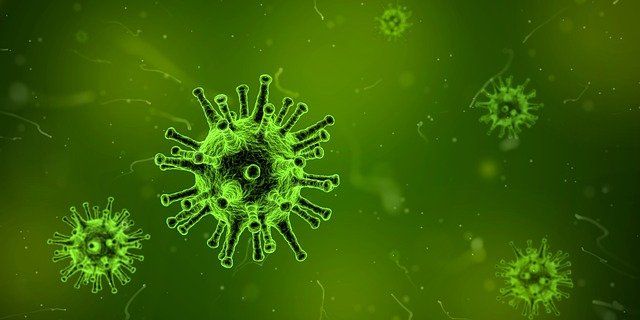As the world continues to battle the deadly Coronavirus that led to the advent of the catastrophic COVID-19 pandemic, another virus by the name of ‘Norovirus’ has emerged in the UK. According to Public Health England (PHE), at least 154 cases of norovirus have been reported so far.
The worst part is that this virus, just like corona has a propensity, is contagious and can lead to another mass spread if not addressed on time.
Naturally, there are many questions in our minds related to this virus. In this article, you will find everything there is to know about norovirus.
What is Norovirus and what are its causes
Norovirus is a highly contagious group of viruses. The person infected with this virus can experience heavy diarrhea, vomiting, nausea, and other stomach-related issues.
The mode of transmission is mainly through the fecal-oral route, which means one can be infected if they come in contact with contaminated food, water, or bowel motions.
Since this virus stays active on a surface for a long time, maintaining hand hygiene is also important.
How is Norovirus different from Coronavirus
Apart from the scientific structure, the only difference between the two viruses is the way of transmission. While coronavirus is widely transmitted through the air and when eyes, nose, or mouth come in contact with the germ, norovirus is transmitted through the oral or fecal way.
Symptoms
1- Diarrhea
2- Vomiting
3- Nausea
4- Stomach pain
Transmission
According to CDC, Norovirus can be transmitted in the following ways:
1- Having direct contact with an infected person
2- Consuming contaminated food or water
3- Touching contaminated surfaces and then putting your
unwashed hands in your mouth
4- Oro-fecal transmission
Prevention
1- Wash your hands often
2- Rinse fruits and vegetables
3- Cook shellfish thoroughly
4- Stay home when sick and for two days after symptoms stop
5- Avoid preparing food for others when sick and for two days
after symptoms stop







